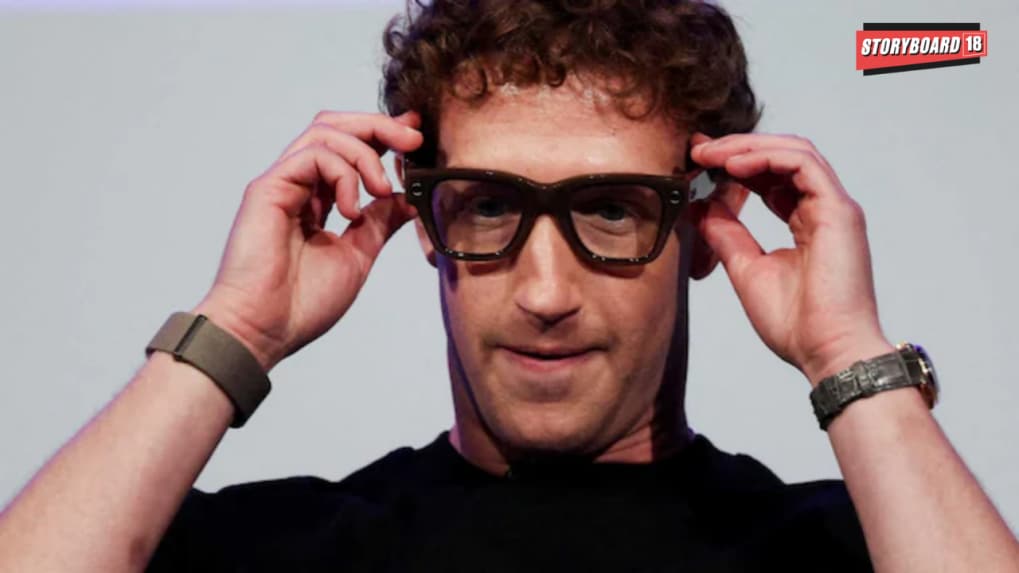Brand Makers
Dil Ka Jod Hai, Tootega Nahin

Meta Platforms is doubling down on its ambition to lead the artificial intelligence race, unveiling its first smart glasses with a built-in display and a new wristband controller at the annual Connect conference on Wednesday.
The flagship Meta Ray-Ban Display, priced at $799 and hitting stores on September 30, integrates a digital screen into the right lens for simple tasks like notifications, Reuters reported. Paired with the included wristband, users can respond to calls and messages through hand gestures, a feature CEO Mark Zuckerberg framed as a glimpse into the future of “personal superintelligence.”
“Glasses are the ideal form factor for superintelligence. They help you stay present while accessing AI capabilities that make you smarter, improve communication, and even enhance your senses,” Zuckerberg said, describing the device as a stepping stone to Meta’s long-term ‘Orion’ project, targeted for 2027.
Alongside the Display, Meta introduced Oakley Vanguard glasses for athletes at $499, integrating with fitness apps like Garmin and Strava, and rolled out an upgraded Ray-Ban line with better battery and cameras starting at $379.
The showcase underscores Meta’s aggressive push into wearables as rivals like OpenAI and Google capture headlines with advanced AI models.
Demos at Connect stumbled, a call failed live on stage, and critics point to scrutiny over child safety on Meta’s platforms as a reputational cloud over its hardware push. Research firm IDC expects global shipments of AR/VR headsets and smart glasses to grow 39.2% in 2025 to 14.3 million units, with Meta’s partnership with EssilorLuxottica driving much of the demand.
"The raucous, almost deafening, cuss words from the heartland that Piyush Pandey used with gay abandon turned things upside down in the old world order."
Read MoreFrom OpenAI’s ChatGPT-powered Atlas to Microsoft’s Copilot-enabled Edge, a new generation of AI-first browsers is transforming how people search, surf and interact online — and reshaping the future of digital advertising.